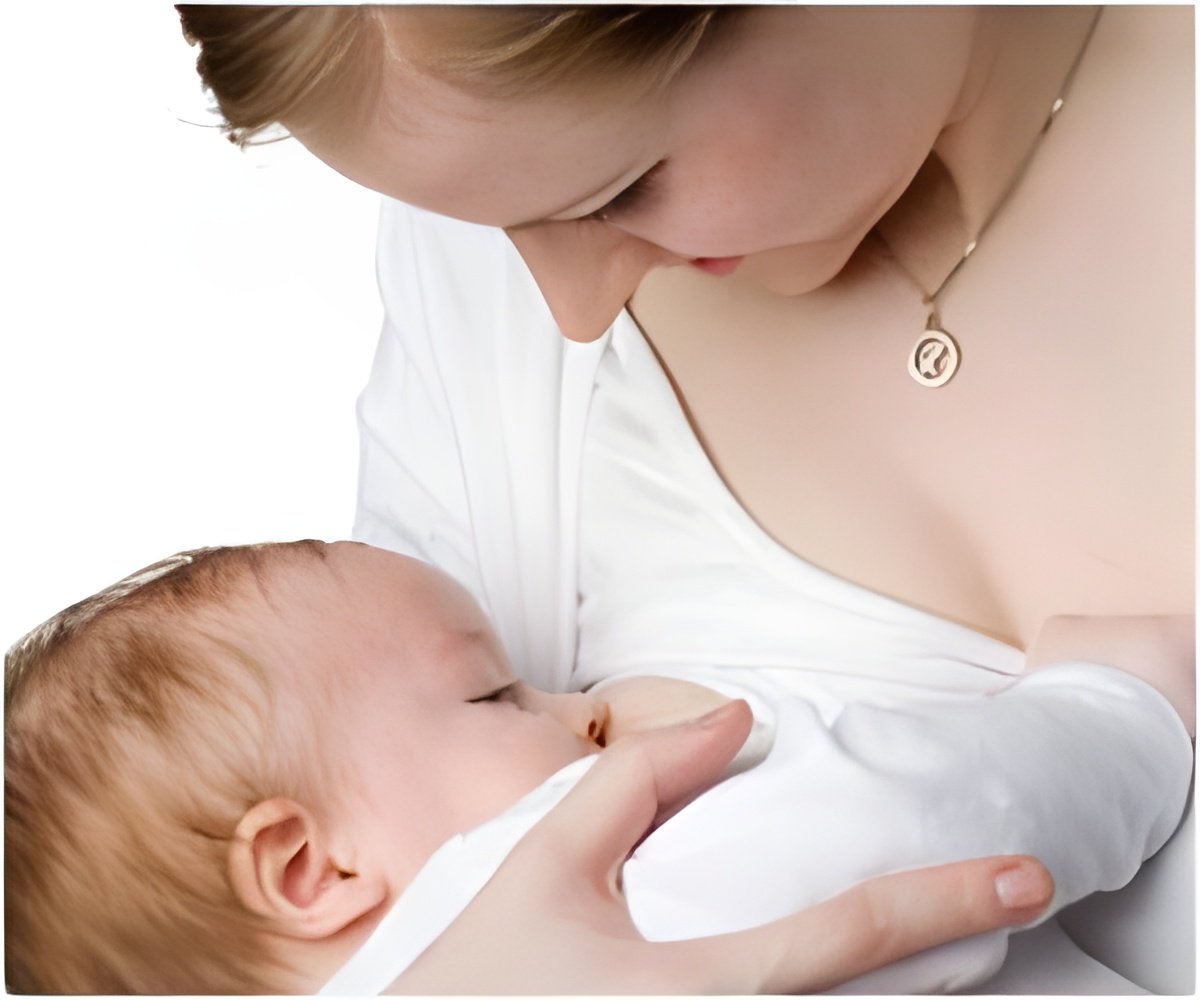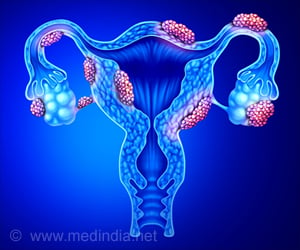Women with higher social standing and educational attainment breastfeed for longer periods of time, according to a new study.

"This is mainly due to the arrival of artificial lactation," she added.
Researchers attribute this change to the fact that women with higher educational attainment follow the advice of healthcare professionals with greater ease in relation to the benefits of maternal breastfeeding.
They emphasise that when the mother wishes to breastfeed, working conditions, economic status and greater access to healthcare services probably help to maintain breastfeeding levels.
Equally, experts associate this change with the progressive integration of women into the workplace at the end of the 1990's, the increase of maternity leaves and a large number of sociocultural factors that influence women before they even have their children.
Furthermore, with regard to the diet of newborns, the advice of healthcare professionals leaned towards artificial lactation in the 1970's and 1980's and then shifted towards encouraging breastfeeding.
Advertisement
The study has been published in the Journal of Human Lactation.
Advertisement









